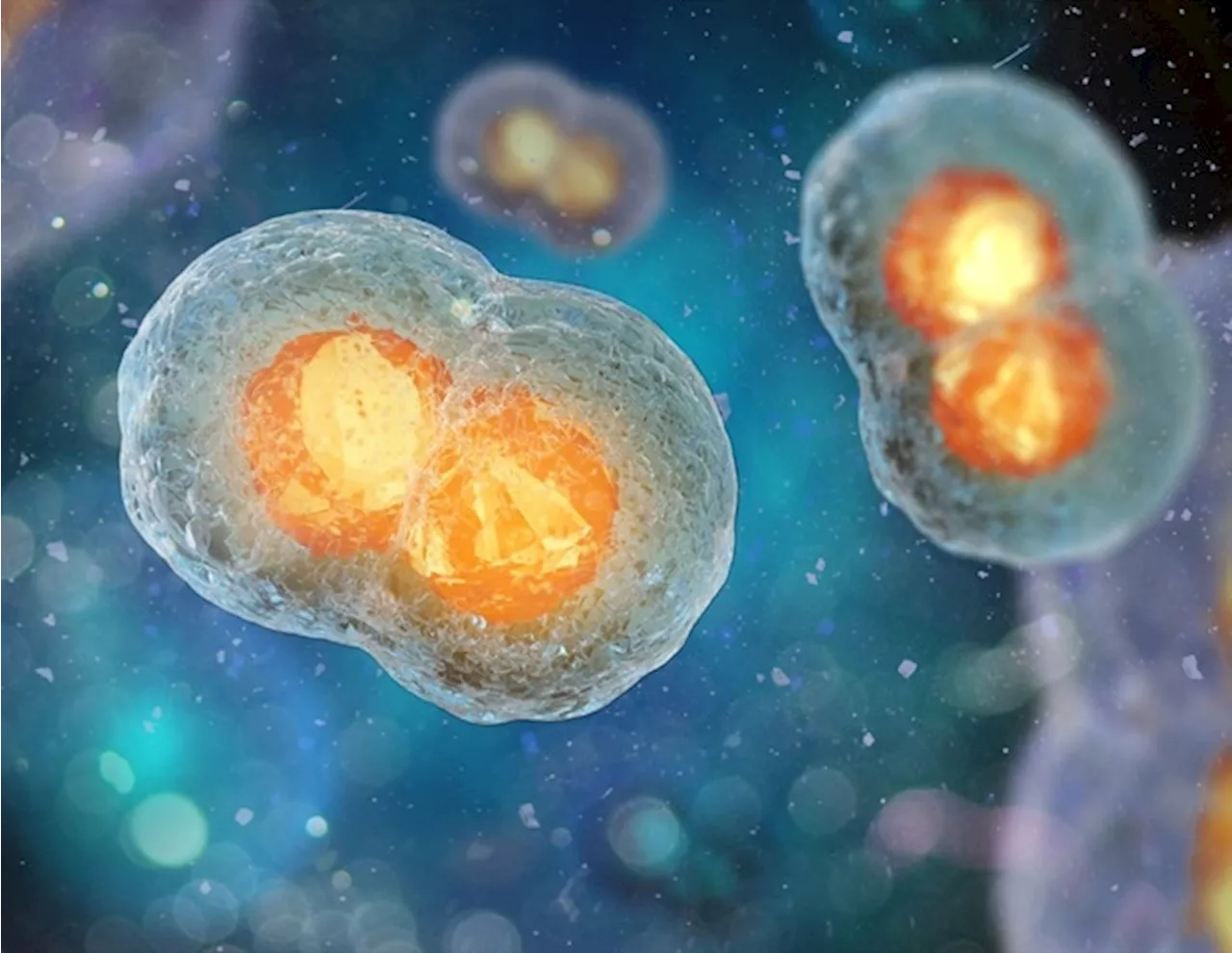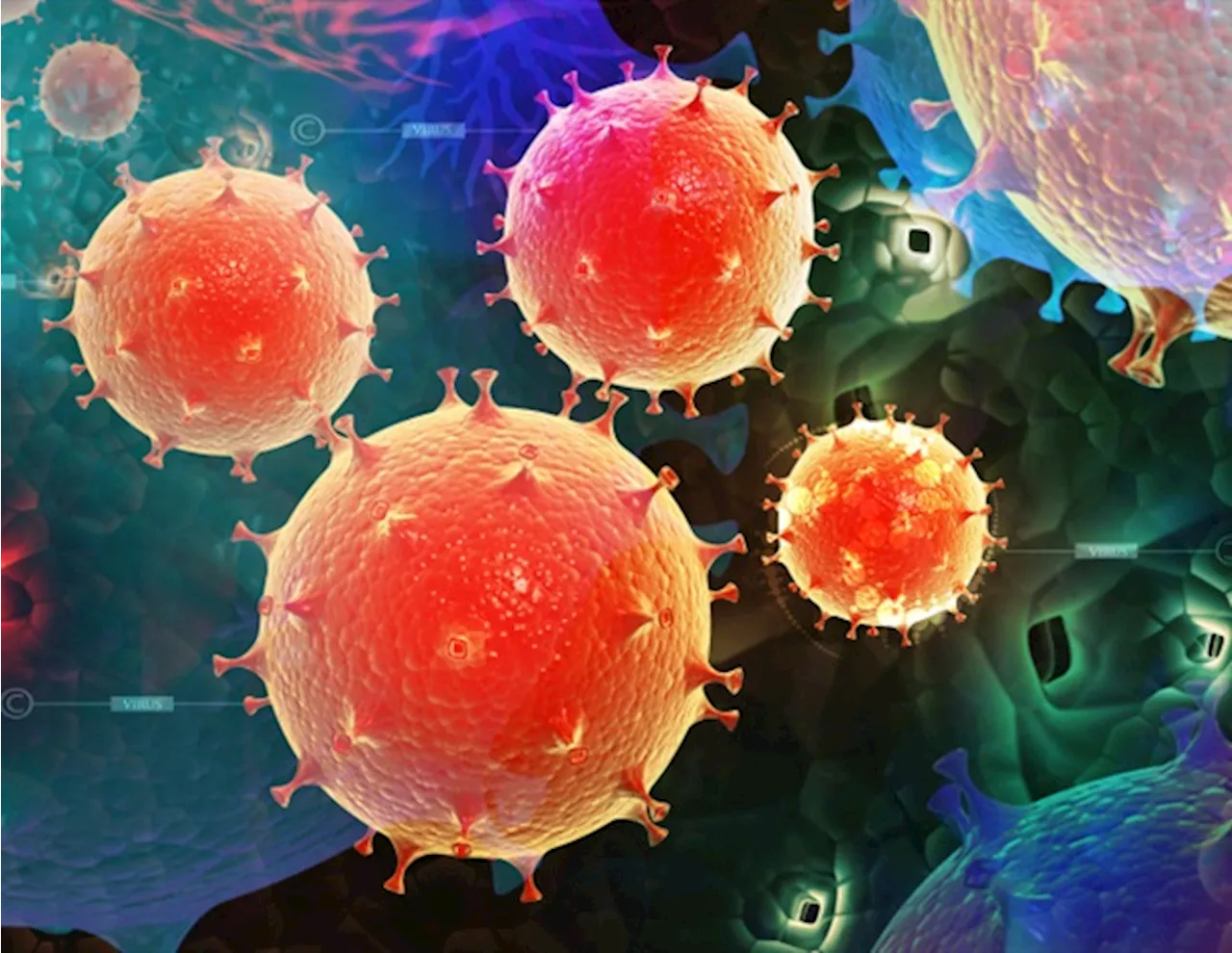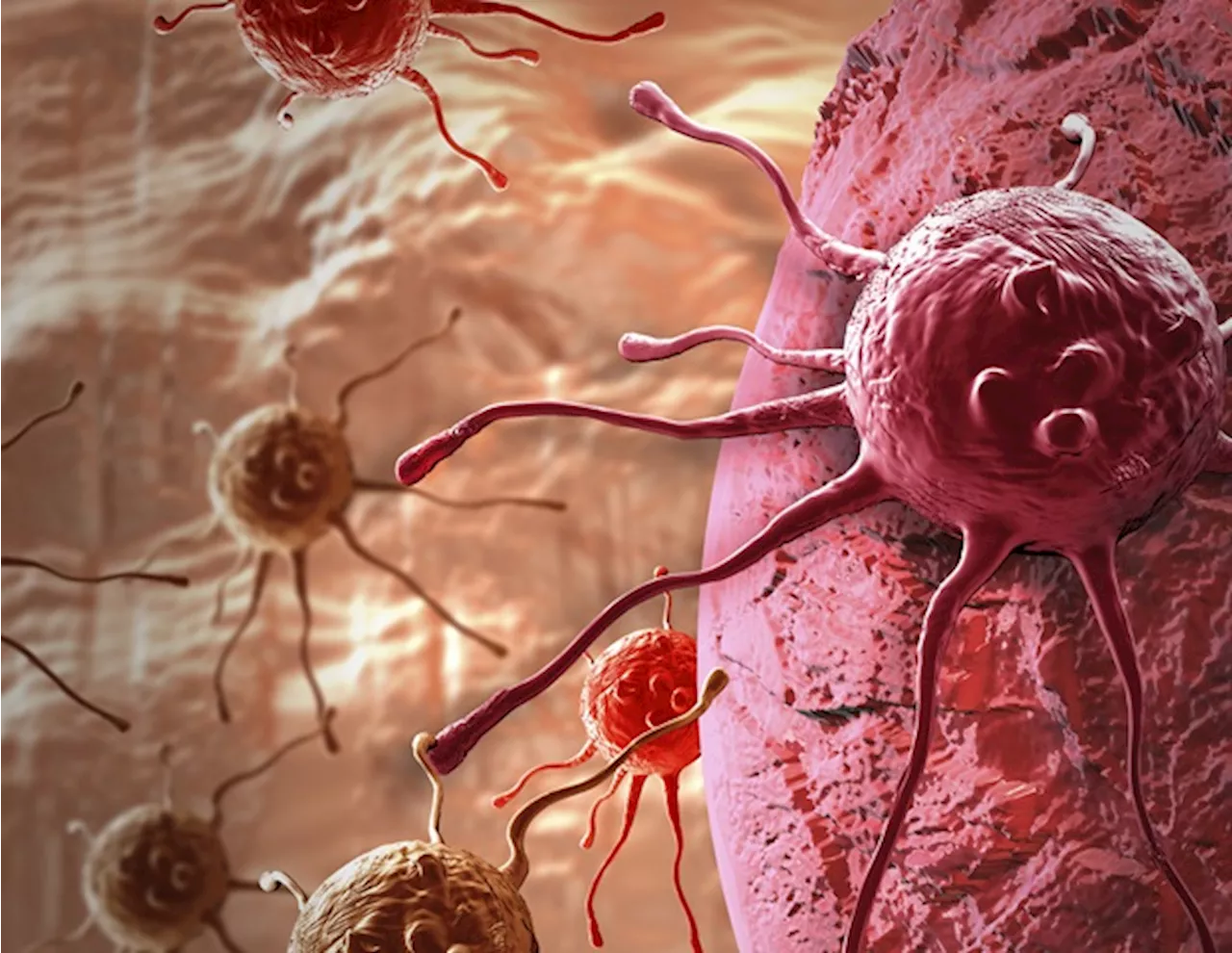Polyploidy is a state where a cell contains more copies of the genetic material than the usual 'diploid' cell, which contains two copies.
Osaka UniversityOct 21 2024 Polyploidy is a state where a cell contains more copies of the genetic material than the usual "diploid" cell, which contains two copies. Polyploidy often occurs in human diseases and cancers, and its effect on cell fate was unclear. Now, however, researchers from Japan have shown that polyploidy can be a double-edged sword when it comes to cancer and its treatment.
Polyploidization can occur naturally in organs such as the liver, where it can be an advantage, allowing liver cells to tolerate high levels of exposure to the toxic molecules processed by the liver as part of its function. However, this polyploidy can also be an origin of carcinogenesis, and these cancers are frequently resistant to anti-cancer drugs.
However, the team also discovered that polyploid cells can tolerate a greater amount of DNA damage than diploid cells. As diploid cells accumulate damage, they eventually stop cell division and begin to show a phenotype known as the senescence-associated secretory phenotype, or SASP. It took a greater level of DNA damage for polyploid cells to show growth arrest or SASP.
Research Cancer Cell Cell Death Cell Division Cisplatin DNA DNA Damage Genetic Liver Microscopy Phenotype Technology
United Kingdom Latest News, United Kingdom Headlines
Similar News:You can also read news stories similar to this one that we have collected from other news sources.
 Polyploidy can be a double-edged sword in cancerPolyploidy is a state where a cell contains more copies of the genetic material than the usual 'diploid' cell, which contains two copies.
Polyploidy can be a double-edged sword in cancerPolyploidy is a state where a cell contains more copies of the genetic material than the usual 'diploid' cell, which contains two copies.
Read more »
 Study reveals why paternal mitochondria must be removed during early developmentIt's one of the basic tenets of biology: We get our DNA from our mom and our dad.
Study reveals why paternal mitochondria must be removed during early developmentIt's one of the basic tenets of biology: We get our DNA from our mom and our dad.
Read more »
 New study links persistent SARS-CoV-2 proteins to long COVID symptomsBrigham researchers found people with wide-ranging long COVID symptoms were twice as likely to have SARS-CoV-2 proteins in their blood, compared to those without long COVID symptoms.
New study links persistent SARS-CoV-2 proteins to long COVID symptomsBrigham researchers found people with wide-ranging long COVID symptoms were twice as likely to have SARS-CoV-2 proteins in their blood, compared to those without long COVID symptoms.
Read more »
 Groundbreaking study challenges treatment protocols for glioblastoma in older adultsA groundbreaking study led by Dr Monika E.
Groundbreaking study challenges treatment protocols for glioblastoma in older adultsA groundbreaking study led by Dr Monika E.
Read more »
 Study illuminates the origin and progression of bladder cancerHow bladder cancer originates and progresses has been illuminated as never before in a study led by researchers at Weill Cornell Medicine and the New York Genome Center.
Study illuminates the origin and progression of bladder cancerHow bladder cancer originates and progresses has been illuminated as never before in a study led by researchers at Weill Cornell Medicine and the New York Genome Center.
Read more »
 Study uncovers mechanism of MX protein in fighting HIV-1 and herpes simplex virusA group of researchers led by Xavier Saelens and Sven Eyckerman at the VIB-UGent Center for Medical Biotechnology discovered how a protein linked to the human immune system wards off HIV-1 and herpes simplex virus-1 by assembling structures in the cell that lure in these viruses and then trap them or even take them apart.
Study uncovers mechanism of MX protein in fighting HIV-1 and herpes simplex virusA group of researchers led by Xavier Saelens and Sven Eyckerman at the VIB-UGent Center for Medical Biotechnology discovered how a protein linked to the human immune system wards off HIV-1 and herpes simplex virus-1 by assembling structures in the cell that lure in these viruses and then trap them or even take them apart.
Read more »
